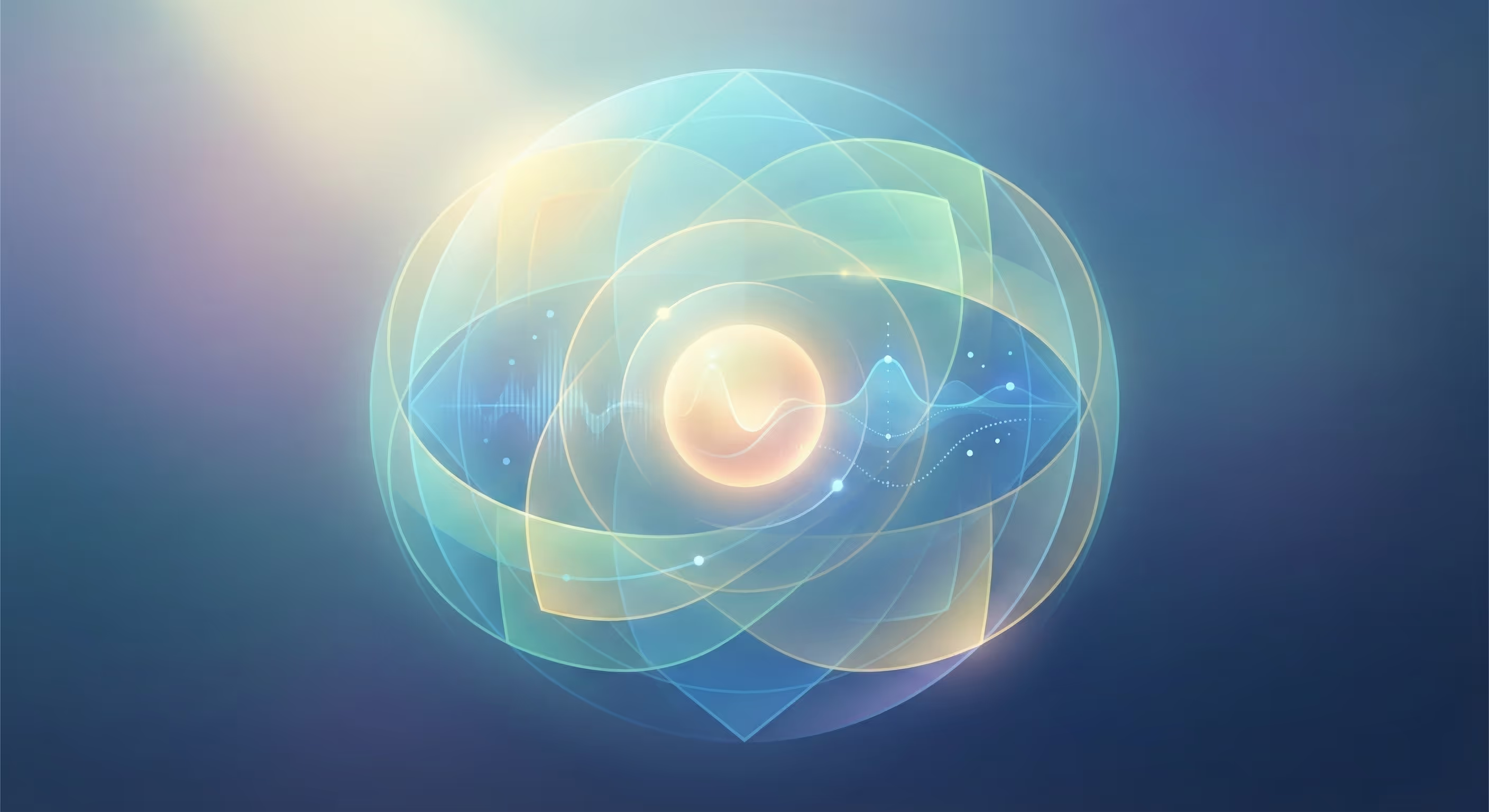Benjamin Yudkoff MD MA and Trishan Panch MD MPH
The enduring distinction between mind and brain has shaped human understanding of selfhood, illness, and healing for thousands of years, rooted deeply within Western intellectual and cultural traditions. Emerging prominently from ancient Greek philosophy, this duality positions the intangible, elusive psyche—the mind—as distinctly separate from the tangible, observable structures of the brain and physical body. Over centuries, this separation has profoundly influenced medical paradigms, societal attitudes, and individual self-perception, creating entrenched yet, in our opinion, misleading divisions between neurological and psychiatric conditions.
The Legacy of Mind-Brain Dualism
Neurology, traditionally, has dealt with conditions seen as disruptions of physical function. Disorders such as Parkinson’s disease, epilepsy, or multiple sclerosis are understood as objective abnormalities of the brain’s neurological framework, observable through physical symptoms and diagnostic imaging. They carry minimal moral judgment, treated as unfortunate but morally neutral occurrences—acts of biology beyond the individual's control. Psychiatry, conversely, addresses disorders perceived as conditions of subjective experience. Depression, anxiety, bipolar disorder, schizophrenia—these are conditions laden with moral implications, subtly yet persistently intertwined with notions of personal responsibility, resilience, and even virtue. A person experiencing depression may often grapple not only with debilitating symptoms but also with societal implications of seemingly weak or of perceived moral failure. This creates an additional burden for those suffering psychiatric conditions, complicating their path to healing by layering their experiences with shame, guilt, or isolation. Such distinctions, however culturally entrenched, are increasingly revealed as scientifically and philosophically unfounded. Neuroscience continues to illustrate that psychological experiences—thoughts, emotions, traumas, joys—are intimately encoded into our physical neural architecture and the biological inclinations of our neural architectural impacts how we relate to our external world and internal worlds (i.e., how we experience ourselves and the world around us)—there is no distinction between brain and mind, they are one, each producing and being produced by the other. Every lived moment, every interaction, every triumph or trauma, etches itself deeply into the brain, reshaping neural pathways and changing how individuals interact with the world.
Psychedelics: Toward an Integrative, Compassionate Approach to Psychiatric Care
The implications of this emerging understanding are particularly vivid in the burgeoning field of psychedelic medicine and therapies such as ketamine and esketamine (Spravato) treatments. These approaches defy traditional categorization precisely because they simultaneously address biological processes and subjective experiences. Through direct biochemical interventions, they alter neuronal functioning, creating immediate, tangible changes in brain chemistry. Yet, their power equally lies in the profound subjective experiences they catalyze, reshaping an individual’s internal narrative, emotional responses, and overall self-perception. They offer patients not merely symptom relief but an opportunity to fundamentally reconstruct their understanding of self, illness, and healing.
In ketamine and esketamine treatments, particularly, the therapeutic process embodies a synthesis of biological intervention and psychological transformation. Patients frequently describe experiences of transcendent insight, emotional release, and deepened empathy, emerging with reshaped understandings of their identities and capabilities. Here, medicine does not merely manage symptoms; it actively participates in the re-authoring of personal narratives, providing therapeutic value far beyond conventional pharmacology. Ketamine and esketamine are conceptually challenging to the standard framework of how medicine is supposed to function for a person in that ketamine and esketamine represent a type of healing that is true to the existential nature of who we are: mind and brain.
Yet, embracing the intrinsic unity of mind and brain also confronts us with deeper, existential considerations. If identity, consciousness, and experience are bound inseparably to transient biology, what does this imply about the essence of self and the meaning we ascribe to life itself? Historically, mind-body dualism has served as a comforting illusion—a protective barrier against confronting our mortality and impermanence. By preserving the idea that the mind or soul might somehow transcend physical degradation, society shields itself from existential anxiety. However, in acknowledging that our psychological experiences are as impermanent and biologically rooted as our physical bodies, we must bravely engage with profound questions regarding purpose, meaning, and the very essence of being human.
This confrontation need not lead to despair or nihilism. Instead, recognizing the inherent unity between mind and brain invites a more holistic, compassionate, and integrative approach to mental health care. Such an approach fosters empathy by removing blame from conditions long misunderstood as moral failings. It encourages medical and therapeutic practices that simultaneously address biology, psychology, and narrative—honoring the complexity and richness of human experience. Furthermore, this perspective may lead society toward more inclusive, empathetic treatment paradigms, acknowledging mental suffering as profoundly human and universally tractable.
Given this evolving understanding, the standard of psychiatric care, especially for treatment-refractory patients—those for whom conventional therapies have failed—must shift significantly. It necessitates a broader, integrative approach that combines pharmacological interventions with experiential and narrative-based therapies. This paradigm shift acknowledges the interwoven biological and psychological dimensions of mental illness, promoting treatments that deeply engage patients' lived experiences and individual narratives. It encourages clinicians to consider innovative therapies such as psychedelics or ketamine/esketamine not merely as last resorts but as vital components of comprehensive, patient-centered care.







